Showing 16-30 of 70 results
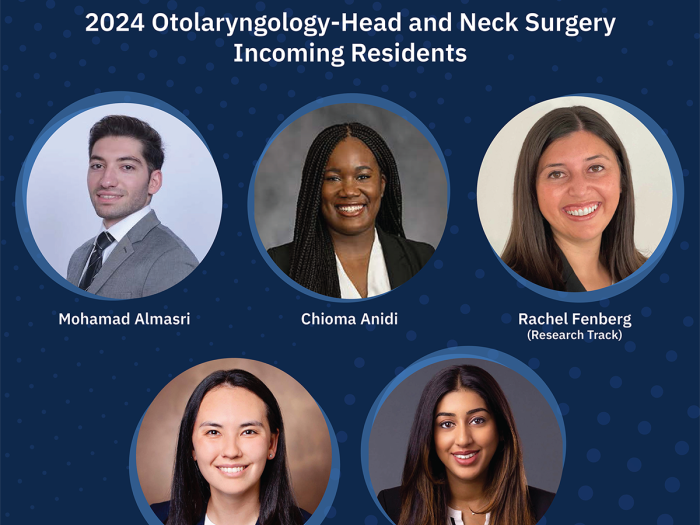
Department News
Meet the newest residents to join our program
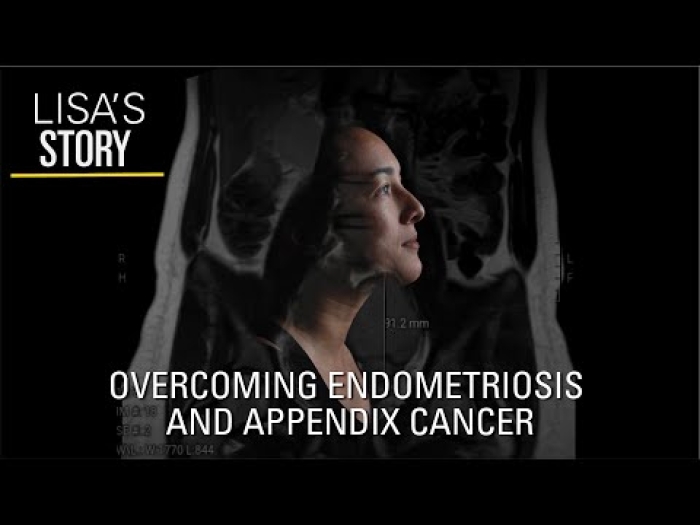
Health Lab
Woman seeks answers for painful periods, leading to the discovery of endometriosis, large ovarian cysts, organ inflammation and appendix cancer
Research News
A team led by Vanessa Dalton, MD, MPH, and Kara Zivin, PhD, has received a $3 million grant from the National Institute of Mental Health to study the mental health impacts of recent changes in reproductive health policy.

Health Lab
Medicaid eligibility during pandemic led to increased postpartum coverage, study suggests

Department News
New website to help adolescents with disabilities learn about reproductive health.

Department News
Dr. Fenner was selected for her unmatched clinical care and ability to form trustful and lasting relationships with her patients.

Health Lab
2 in 3 parents in national poll say their child ages 5-12 use personal audio devices; pediatrician offers 4 tips to reduce noise exposure risks

Health Lab Podcast
U.S. emergency departments see 96% fewer visits, $7.6 million less in medical costs after FDA approval of over the counter emergency contraception.
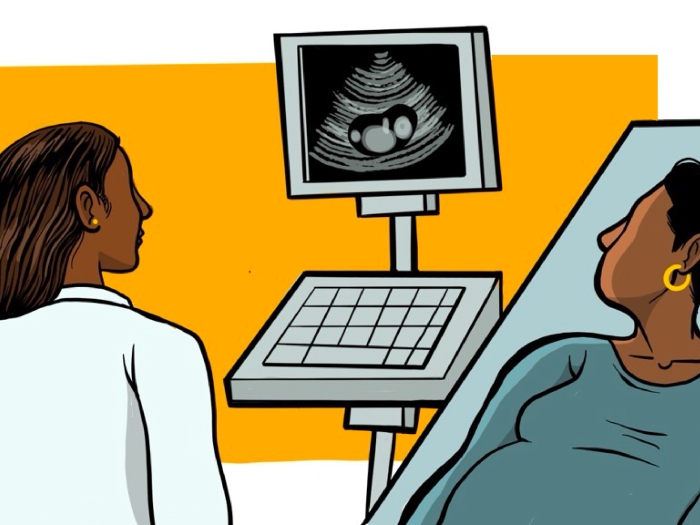
Health Lab
Multi-specialty team is studying a non-invasive method to measure underlying cervical tissue changes that precede birth with the hopes of predicting timing of birth.

Health Lab
Elective surgery study shows older adults have concerns about what it will cost them, how much work they’ll miss and whether they’ll catch COVID-19.
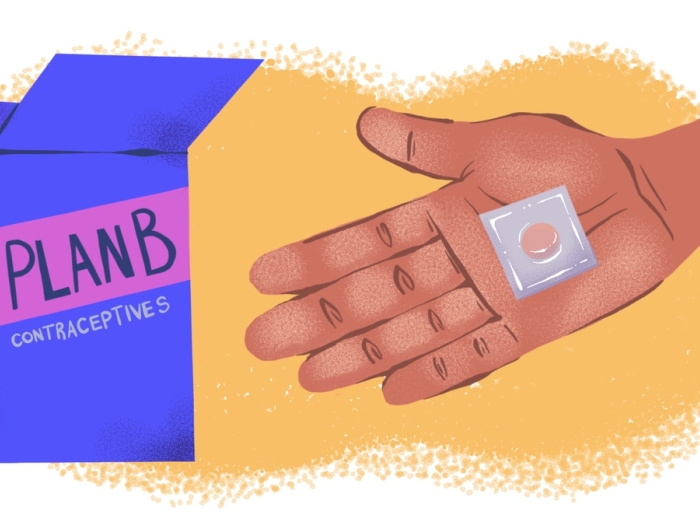
Health Lab
After federal approval for over the counter emergency contraception in 2006, emergency departments across the U.S. saw dramatic decreases in related visits.
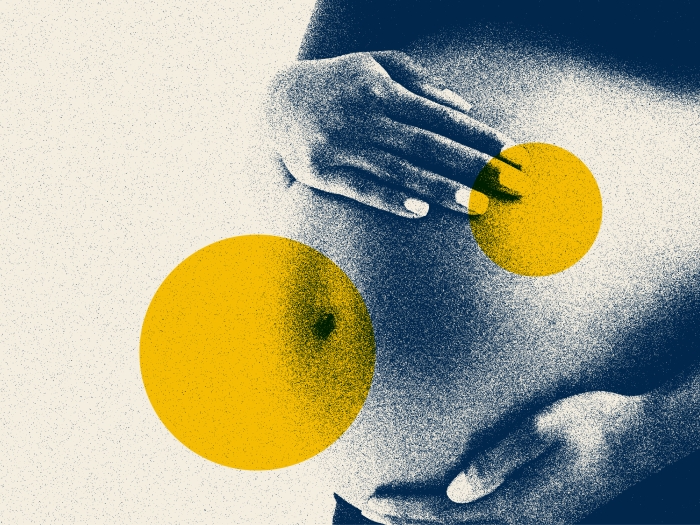
Health Lab
American hospitals vary greatly in what they offer to birthing parents when a stillbirth occurs during labor or delivery.

Health Lab
A Michigan Medicine-led study found that transgender individuals show similar rates of severe parental morbidity and preterm birth and lower rates of cesarean delivery when compared to cisgender people.
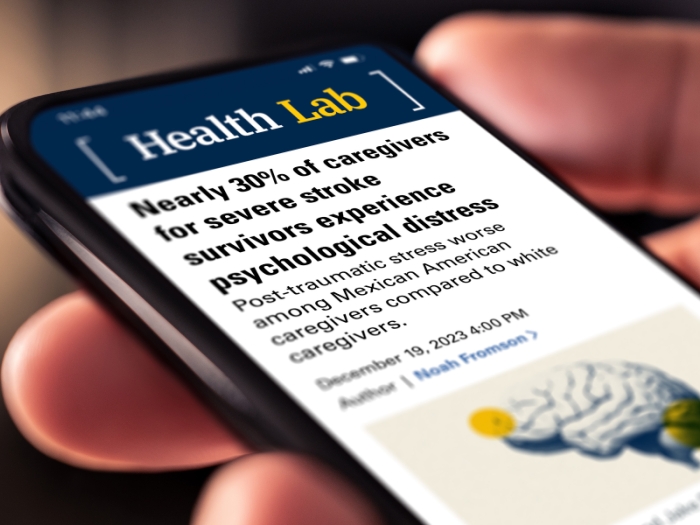
Health Lab
With over 400 stories published on Health Lab in 2023, the following 10 articles were the most read of the year.
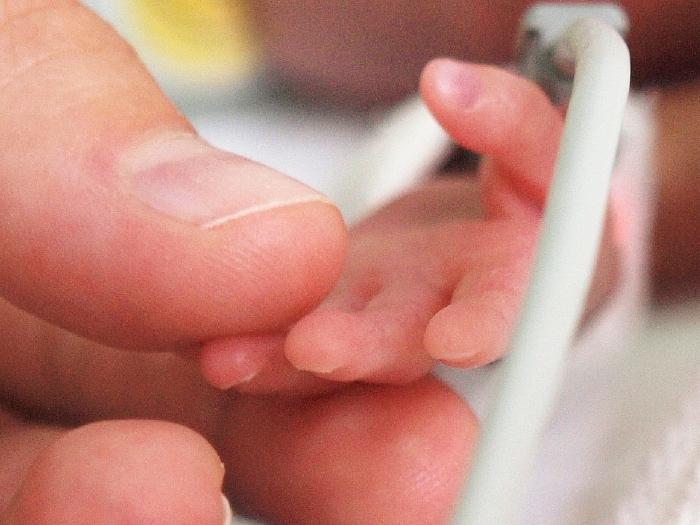
Health Lab
A team developed a new approach for combining microbiome data together while overcoming the noise introduced by the different techniques used in each study into a tool they dubbed MaLiAmPi (Maximum Likelihood Amplicon Pipeline).